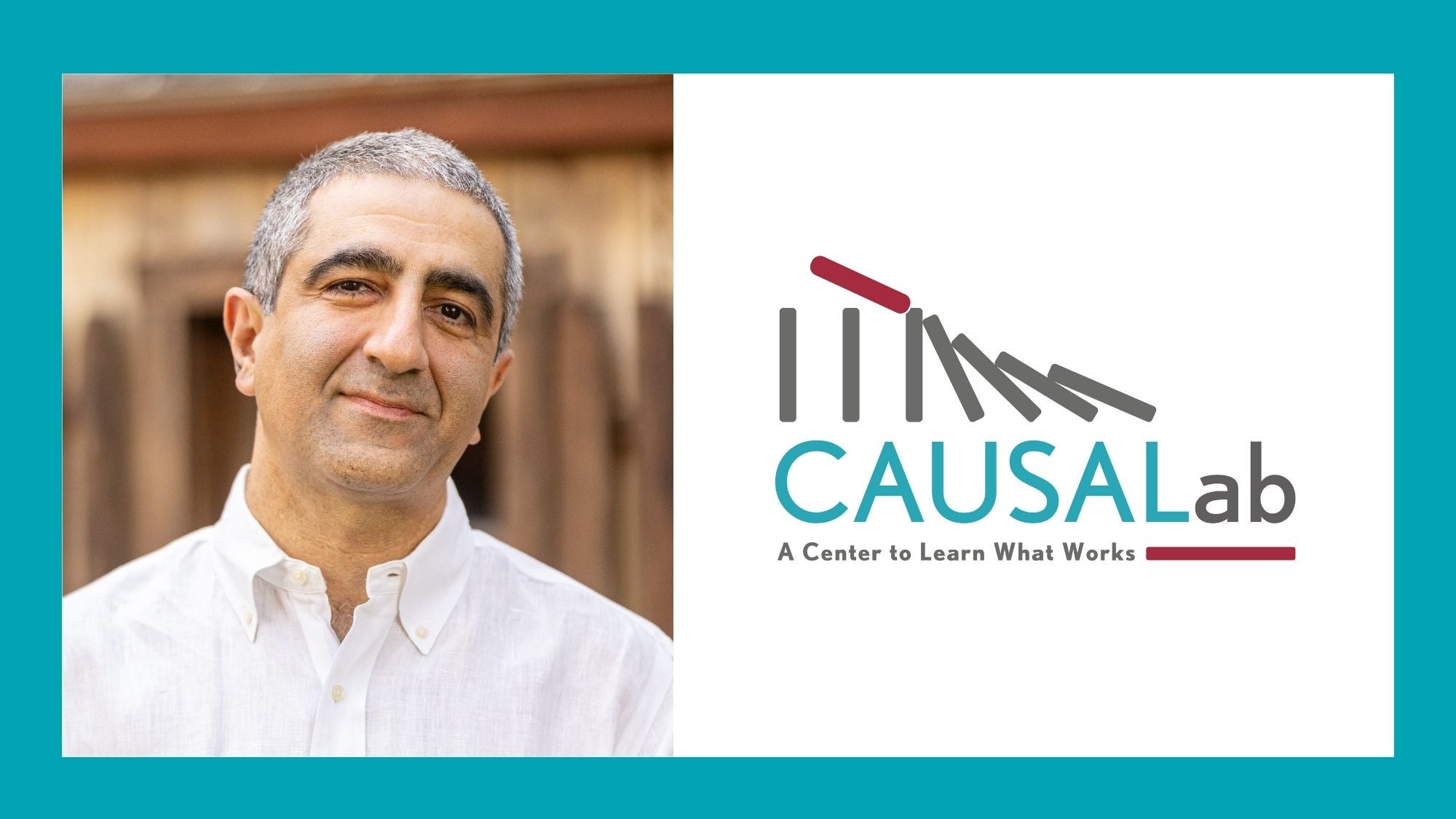Study reveals crisis in access to surgical care
Progress towards universal access to safe, affordable surgical care is dangerously off track as at least 160 million patients are unable to receive surgery each year, a recent study reveals. “Surgical Health Policy 2025–2035: Strengthening Essential Services for Tomorrow’s Needs” was published in The Lancet on July 14 by the University of Birmingham-led NIHR Global Health Research Unit on Global Surgery.
Low- and middle-income countries (LMICs) bear the brunt of the crisis. Only 26% of LMICs are on track to meet a target for everyone to be able to access essential surgery within two hours, and none have achieved the recommended surgical volume of 5,000 procedures per 100,000 people per year.
Beyond access, quality of surgical care remains a key concern, with 3.5 million adults worldwide dying within 30 days of surgery, considerably more than the combined 2 million adult deaths attributable to HIV/AIDS, tuberculosis, and malaria. Overall, 50 million patients worldwide suffer postoperative complications every year, with wound infection being the most frequent complication. Surgery is a key contributor to antimicrobial resistance, with up to 96% of infected wounds in LMICs being linked to antimicrobial resistance.
Senior author Aneel Bhangu, professor of surgery and director of the Surgical Data Institute at the University of Birmingham, commented: “Surgery is not a luxury. It is a lifesaving, cost-effective intervention that underpins resilient health systems. Without urgent investment, millions will continue to suffer and die from treatable conditions.”
Co-author Rifat Atun, professor of global health systems, vice dean for non-degree education and innovation, and director of the Harvard Health Systems Innovation Lab, added, “Surgery is an integral and indispensable part of universal healthcare coverage. Surgical Health Policy 2025-2035 provides an important roadmap for scaling surgical innovation for those who do not have access to surgery and thus suffer needlessly.”
A global coalition of health experts is calling for urgent access to resolve this crisis. Researchers have made several key recommendations, including:
- Reframing surgery as a foundational component of well-integrated health systems, rather than a siloed intervention. Investing in surgery can boost patient care across numerous diseases by increasing access to diagnostics, intensive care, and critical drugs.
- Unlocking a “surgical prosperity dividend” by increasing access to essential surgery. For example, scaling up breast, stomach, colon, and rectal cancer surgery in LMICs could enable 884,000 people to return to work and boost the global economy by over $80 billion each year.
- Developing innovative funding models for surgery. Half of patients currently undergoing cancer surgery in LMICs make out-of-pocket payments which can result in catastrophic expenditure and poverty.
Read the full article here: https://www.thelancet.com/journals/lancet/article/PIIS0140-6736(25)00985-7/abstract


